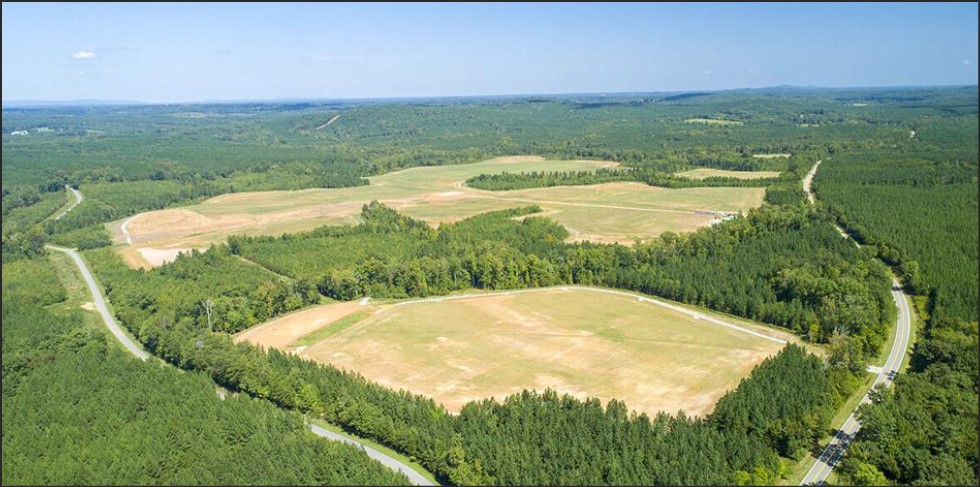
by James A. Bacon
When you nix what might have been a $3.5 billion investment creating a reported 2,500 jobs in one of Virginia’s most depressed regions, you’d better have a good explanation. But when mammoth economic development deals are wrapped in secrecy backed by non-disclosure agreements, it’s difficult providing that explanation.
That’s the pickle Governor Glenn Youngkin finds himself in following his decision to halt discussions with Ford Motor Co. to build a battery plant in Pittsylvania County. The Governor scuttled Virginia’s bid for the project upon learning that Ford’s partner would be China-based Contemporary Amperex Technology Co., the world’s largest maker of electric vehicle batteries — and what the administration calls a “front for the Chinese Communist Party.”
Not surprisingly, Democrats are criticizing Youngkin, who is contemplating a national run for president, for putting national politics before economic development in Southside Virginia. Sen. Scott Surovell, D- Fairfax, told the Richmond Times-Dispatch: “To deny [people in the community] jobs because you’re in last place in Republican presidential primaries [is] gubernatorial malpractice.”
The Youngkin administration’s response was weaker than it could have been. Reports the RTD:
Youngkin spokeswoman Macaulay Porter said in an email for this story: “While Ford is an iconic American company, it became clear that this proposal would serve as a front for the Chinese Communist party, which could compromise our economic security and Virginians’ personal privacy.
“Virginians can be confident that companies with known ties to the Chinese Communist Party won’t receive a leg up from the Commonwealth’s economic incentive packages. When the potentially damaging effects of the deal were realized, the plant proposal never reached a final discussion stage.”
It would be helpful to disinterested observers not intent upon either bashing Youngkin or apologizing for him to know how the Ford-Contemporary Amperex partnership would compromise economic security and Virginians’ personal privacy. It is not self-evident why either would be the case. “Trust me” doesn’t work in today’s society. No one trusts anyone on the other side of the political divide anymore.
But there’s that pesky non-disclosure thing. Presumably, Youngkin can’t explain his thinking because that would entail revealing proprietary details about the technology and/or the business relationship between Ford and the Chinese company.
If anyone doubts that China’s industrial policy consists of systematically plundering American technology through means fair and foul, I suggest reading Shaomin Li’s book, “The Rise of China, Inc.” Li, an Old Dominion University professor, details China’s rise to technological leadership through cyber-theft and industrial espionage, mandating technology transfer as a condition for entry into the Chinese market, and forming joint-venture partnerships and acquisitions of American companies.
It could be argued that Ford is a big-boy company, it knows what it’s getting into, and it’s not the business of state governments to second-guess the risks that its proprietary technology might be pilfered. Maybe Youngkin knows something we don’t. Maybe he doesn’t. Due to the non-disclosure requirements, we’ll probably never know.
For that matter, we’ll never know if Virginia would have snagged the project — it was far from a done deal, and Ford was likely pitting state against state to get the biggest tax breaks and subsidies it could. Nor can we now know, as Duane Yancey at Cardinal News points out, if Virginia might yet attract another giant investment to the Pittsylvania County mega-site that’s even bigger and better than Ford.

Leave a Reply
You must be logged in to post a comment.